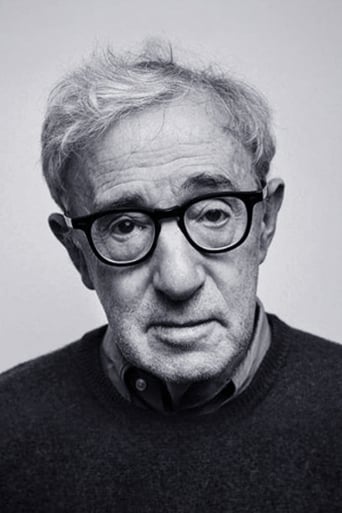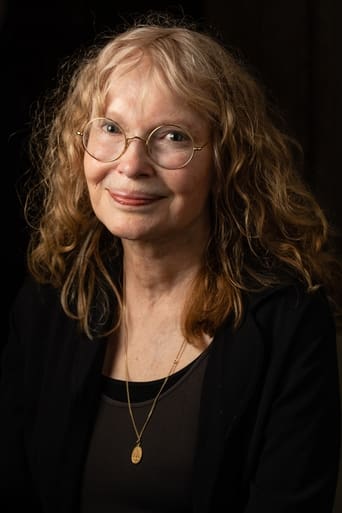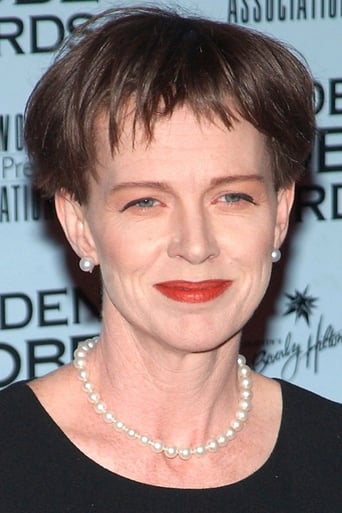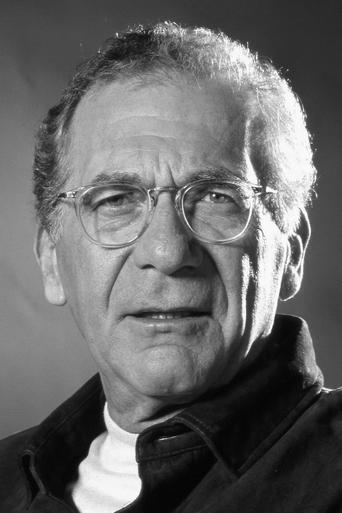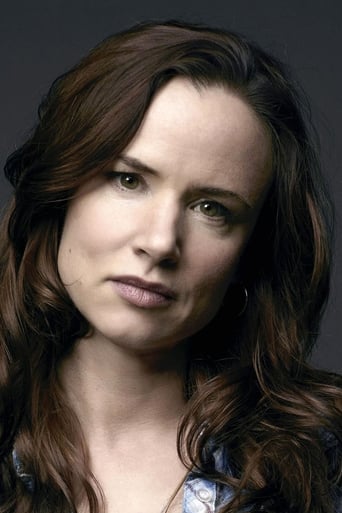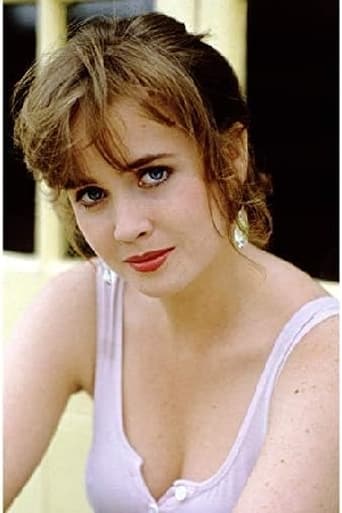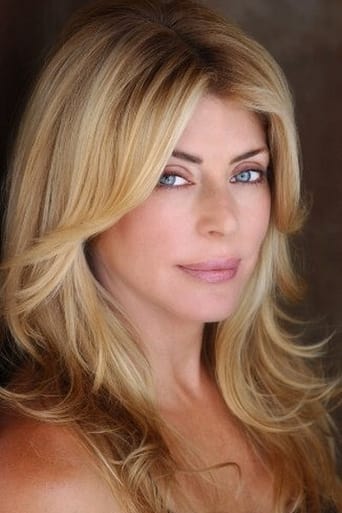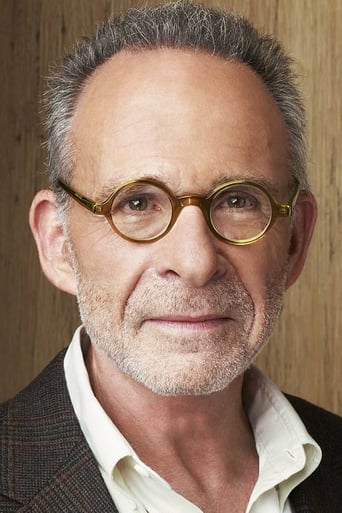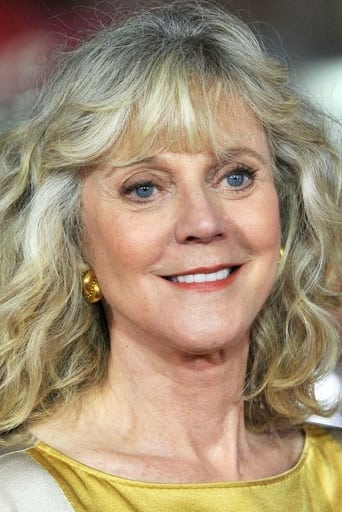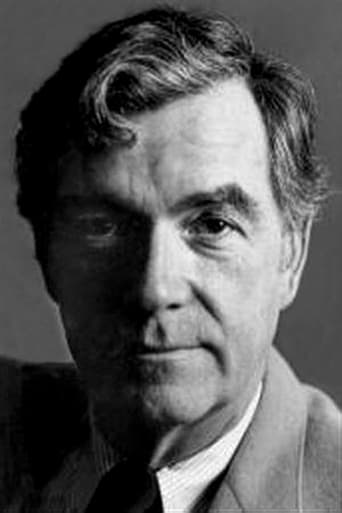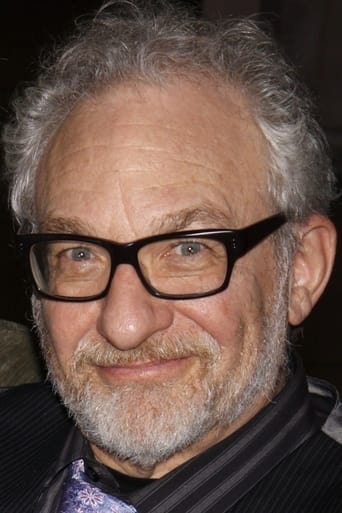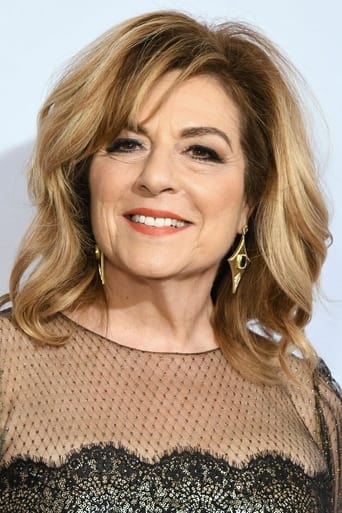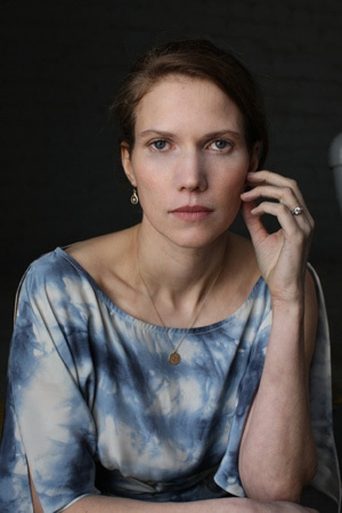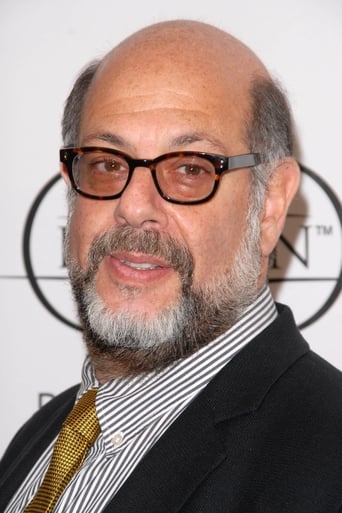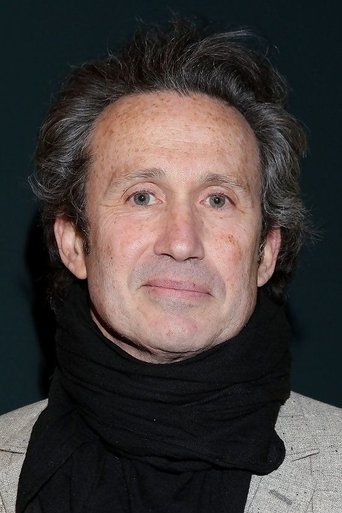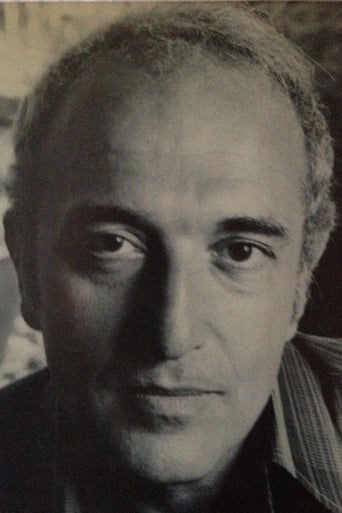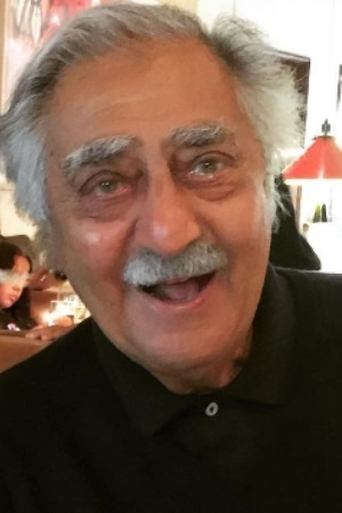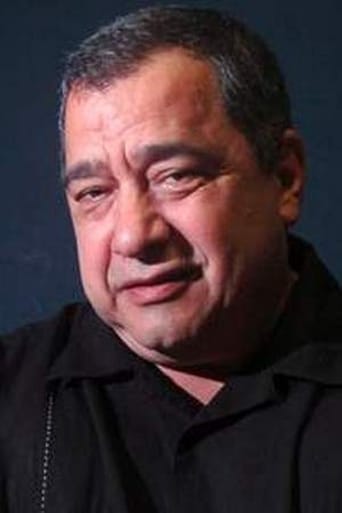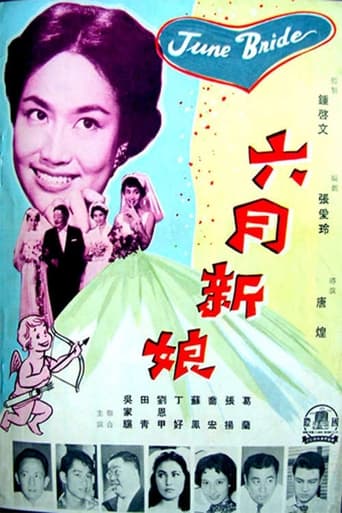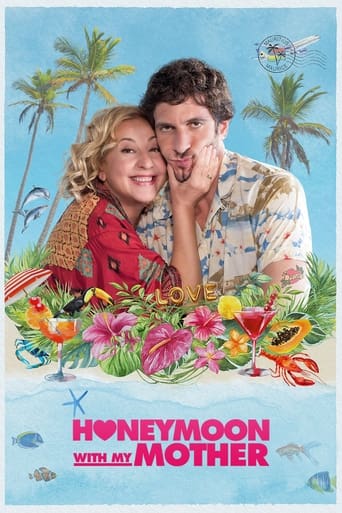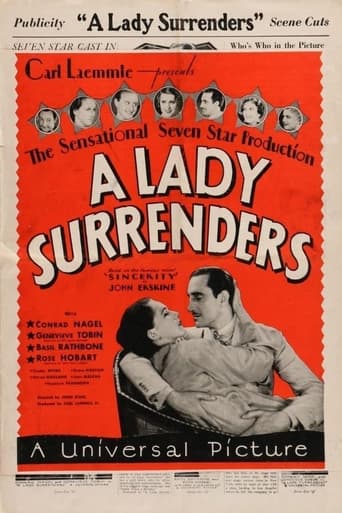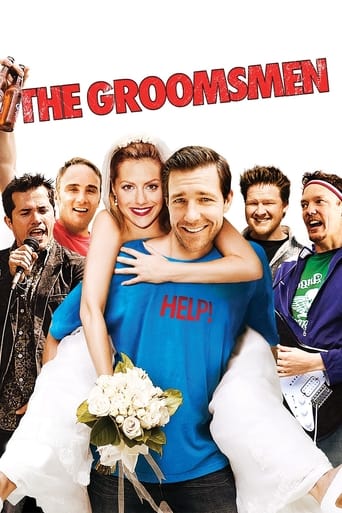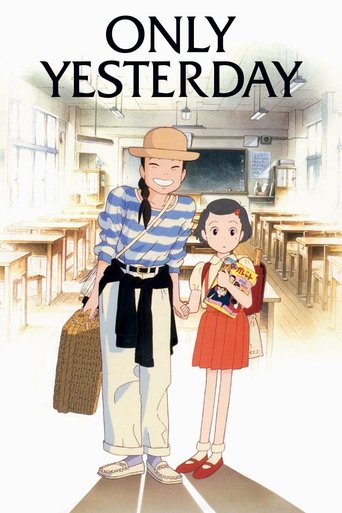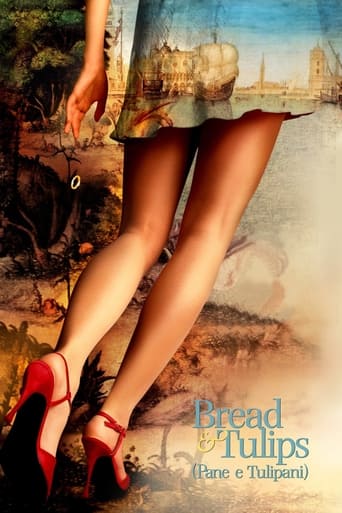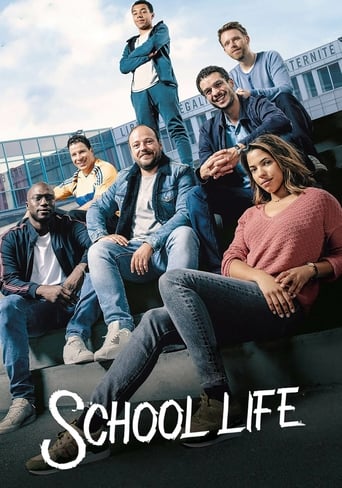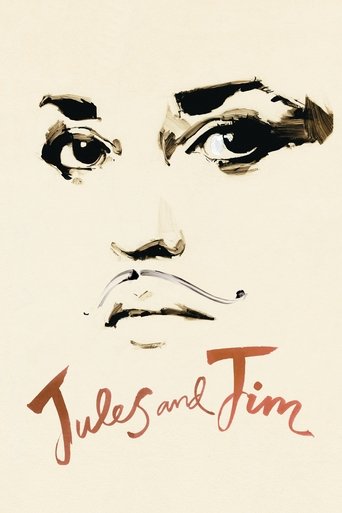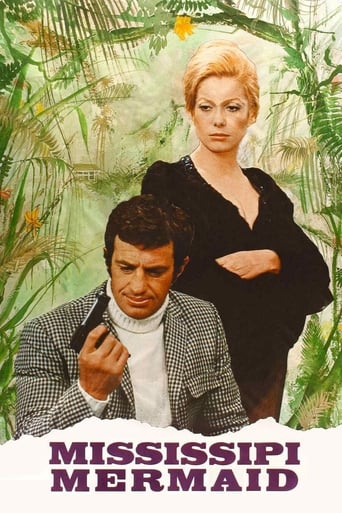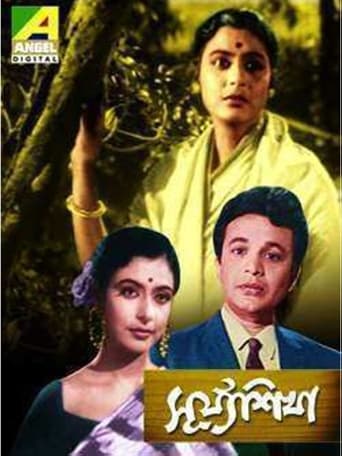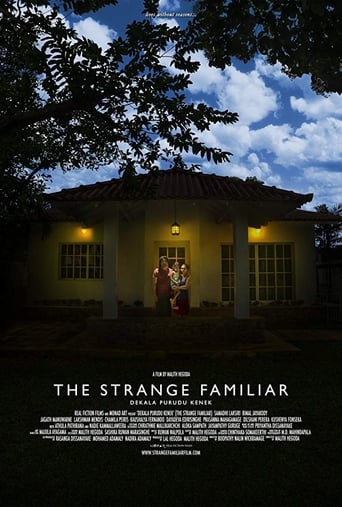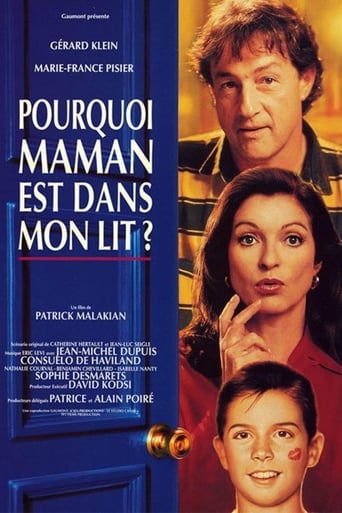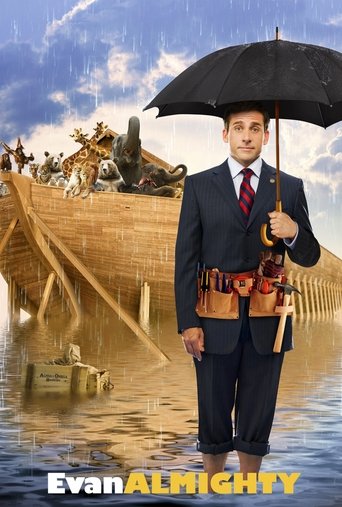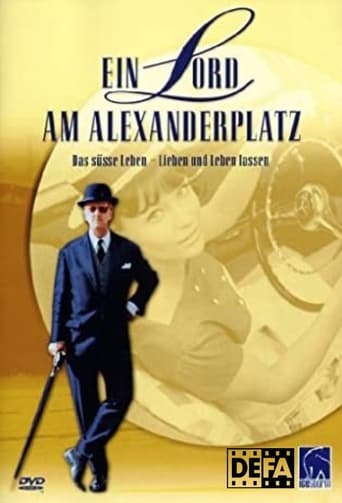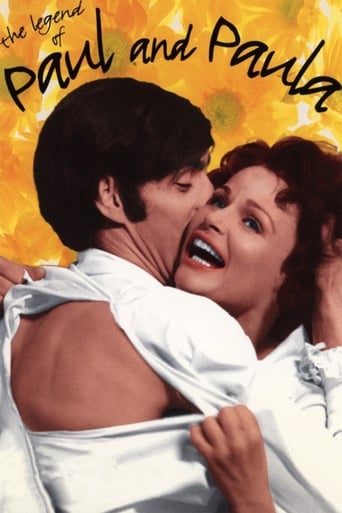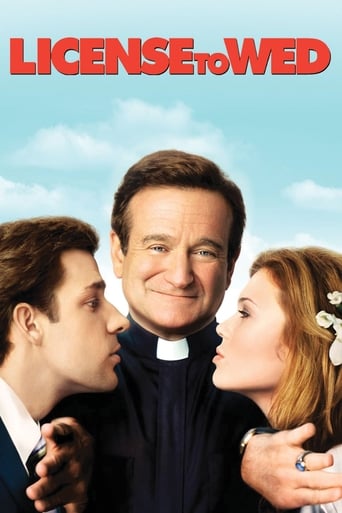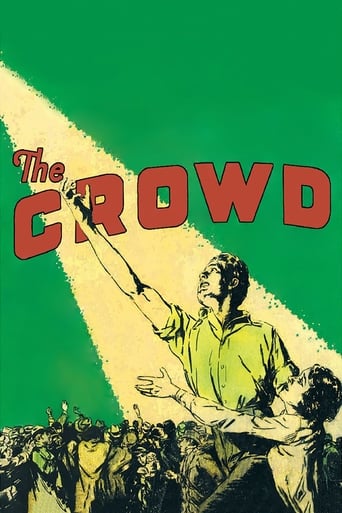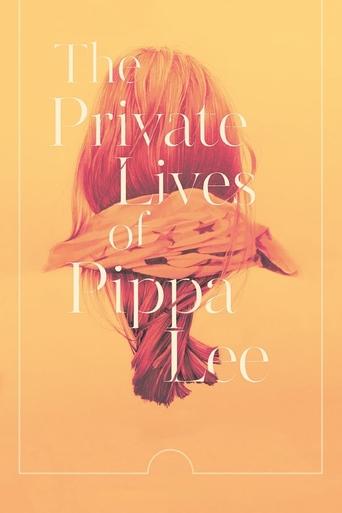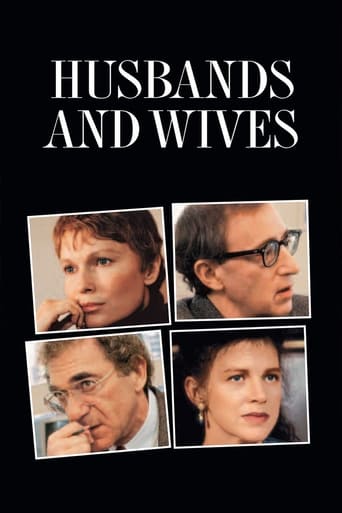
Husbands and Wives (1992)
When Jack and Sally announce that they're splitting up, this comes as a shock to their best friends Gabe and Judy. Maybe mostly because they also are drifting apart and are now being made aware of it. So while Jack and Sally try to go on and meet new people, the marriage of Gabe and Judy gets more and more strained, and they begin to find themselves being attracted to other people.
- Woody Allen
- Thomas A. Reilly
- Justin Moritt
- Kay Chapin
- Richard Patrick
- Woody Allen
Rating: 7/10 by 465 users
Alternative Title:
부부 일기 - KR
Maridos e Esposas - BR
丈夫太太與情人 - HK
Country:
United States of America
Language:
English
Runtime: 01 hour 48 minutes
Budget: $0
Revenue: $0
Plot Keyword: frigidity, marriage, separation, teacher student relationship, fake documentary
Released in the hype of Allen and Farrow’s breakup in the wake of his infamous Soon-Yi scandal, HUSBANDS AND WIVES archly and topically plumbs into the marital conundrums of two couples, Gabe (Allen) and Judy (Farrow, bookends her collaboration with Allen to the tune of 13), and their best friends Jack (Pollack) and Sally (Davis). For one thing, the film adopts a jittery cinematographic style (aided by handheld cameras and Steadi-cams) which certainly is not Allen’s modus operandi, and lets rip the neurotic, taxing, unrelieved relationship squabbles to full throttle, inflamed by Jack and Sally’s abrupt declaration of their separation after being married for over 15 years. Two different reactions ensure, Gabe retains his sangfroid facing a bolt from the blue but Judy apparently loses it, thinking that her closest friend has been keeping her marriage snags to herself, that seems to be a big blow to their time-honoured friendship, but on a more intuitive level (as later Sally astutely dissects), there is something deeply self-serving in Judy’s reaction. Gabe and Judy are jolted to scrutinize their own 10-year-young matrimony, where crevices start to crack open, here, Allen deploys another gimmick, a faux-documentary with character revealing their inner feelings in the form of an interview, Gabe confesses he is a sucker for “kamikaze women” (with trying smugness) until he meets Judy, whom he deciphers is a mastermind of passive-aggressive manipulation, aka. she always gets what she wants in the end. That is what happens, Allen, a professor in literary, becomes increasingly attracted by one of his student Rain (Lewis) while being self-aware of the clichéd professor-student entanglement. Meanwhile, Judy, lends a helping hand by introducing her newly single colleague Michael (Neeson, a disarmingly pleasurable presence) to Sally, who is fumed when she finds out Jack has moved in with his new lover Sam (Anthony), a young aerobics trainer, merely three weeks after their separation. But, what complicates the situation is, subconsciously, Judy carries a torch for the gentlemanlike Michael, so in the end of the day, a paradigm shift is bound to shatter the status quo. Allen’s script, as rapier-like as always in laying bare the intricate verities of gender politics and monogamous dilemma, eventually, plumps for a morally ego-boosting windup for Gabe (Allen’s alter-ego) who has savored the tempting kiss from a young hottie he craves for, and then rebuffs her advance with all the dignity in the world to remain morally uncorrupted (which blows up in audience’s face when juxtaposed with its sardonic divergence from reality), whereas for Judy, her seemingly happy ending betrays Gabe’s own complacent shrewdness of knowing her too well, for my money, that’s where this otherwise rather piquant and honest-to-goodness modern marriage assessment leaves an unsavory aftertaste, which actually has been lurking behind a majority of Allen’s oeuvre. But what makes HUSBANDS AND WIVIES head and shoulders over his lesser works is the cynosure of the cast, namely, the divine Judy Davis, an ever-so entrancing showstopper, revels in emitting of Sally’s often self-contradictory but ultimately revealing emotional states with sheer intensity, veracity without forfeiting the salutary outpourings of humor and wits (her post-coital "hedgehogs and foxes" rumination is a gas!), Marisa Tomei, as excellent as she is in MY COUSY VINNY (1992), should hand over her Oscar to Mr. Davis, a blatant robbery in the Academy history. Whilst no one can steal the limelight from her, one must admit Sydney Pollack is quite a trouper in the other side of the camera as well, his outstanding two-hander with a feisty Lysette Anthony alone can effortlessly bust a gut, which only leaves, the story-line concerns Gabe and Judy pales in comparison with its pseudo-cerebral self-deception and self-doubt, no wonder Jack and Sally would not open up to them, they are much messier.
One of Woody's best, subordinate pretty much only to Hannah and Her Sisters. I'm never taken by 'great performances' - always been more of a writing/direction guy. But the acting here floors me every time, so much so that I can't pay much attention to 'the filmmaking' as I normally do. Just straight entranced from the first scene. There's this line, towards the middle, where Gabe is narrating a bit from one of his novels: "Was the notion of ever-deepening romance a myth along with simultaneous orgasm? The only time Rifkin and his wife experienced simultaneous orgasm was when they were granted their divorce" All time favorite, this one

